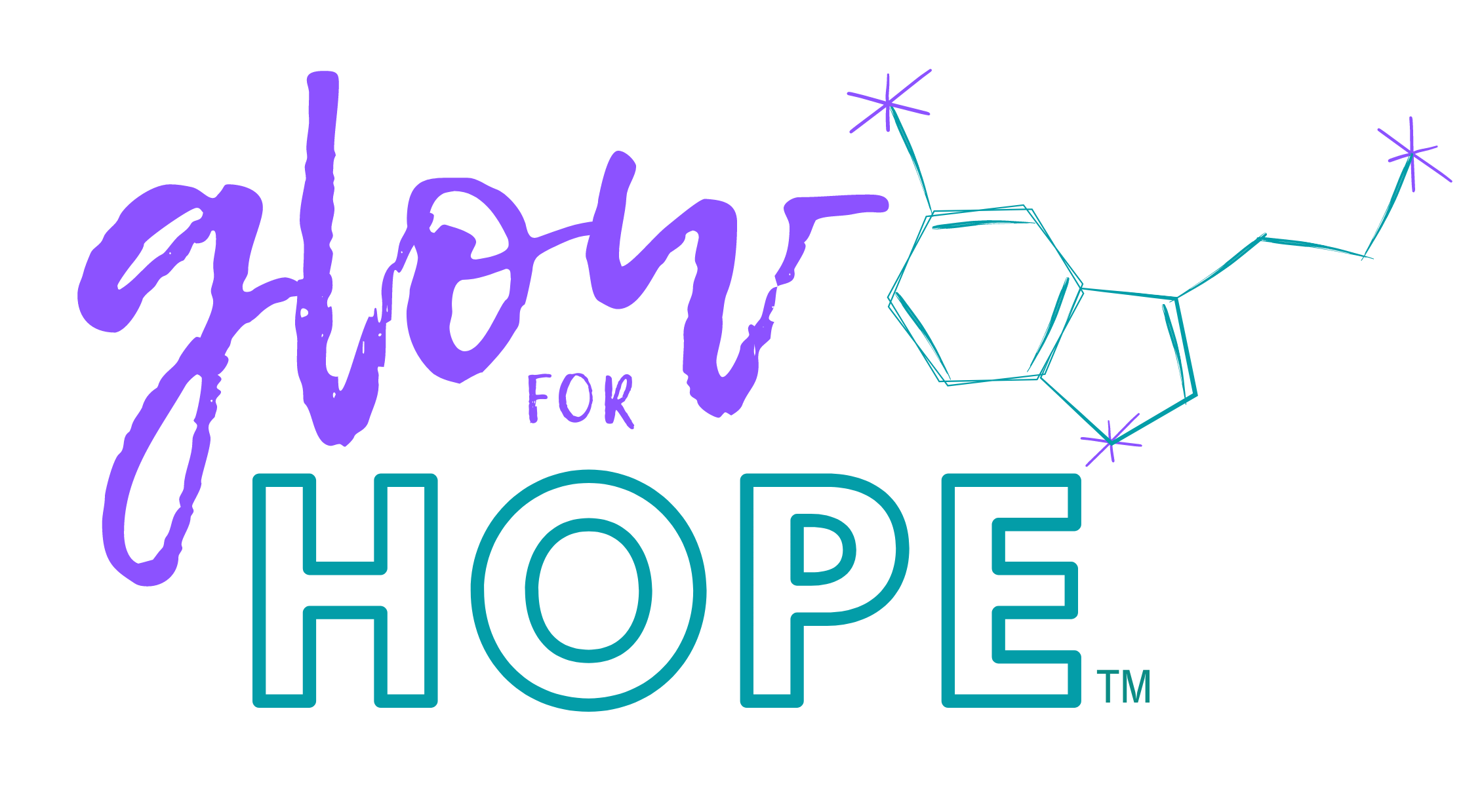Who Do I Talk To? Understanding Therapists, Counselors, Psychologists & Psychiatrists
Knowing where to start with mental health support can be overwhelming. In this episode, Christina Kittstein breaks down the roles of therapists, counselors, psychologists, and psychiatrists—so you can choose your next step with confidence.
Podcast: Play in new window | Download (Duration: 58:40 — 53.7MB) | Embed
Subscribe Apple Podcasts | Spotify | Amazon Music | Android | Pandora | iHeartRadio | Blubrry | Podchaser | Deezer | Youtube Music | RSS | More
What You’ll Learn
- The difference between therapists and counselors—and how they overlap.
- The role of psychologists in testing, assessment, and diagnosis.
- Why psychiatrists primarily focus on medication management.
- How therapy and medication can work together for better outcomes.
- Ways to address “I don’t need help” resistance.
- What to expect in your first session and how to find the right fit.
- How modalities like art therapy, CBT, DBT, and EMDR can help.
- Why every emotion matters—and comparison minimizes healing.
Guest Spotlight
Christina Kittstein, LCPC, ATR-BC is a licensed clinical professional counselor and board-certified art therapist. She specializes in trauma and complex trauma, integrating CBT, DBT, IFS, EMDR, and expressive arts to support healing and growth.
Key Quotes
Resources & Next Steps
- Ask your primary care provider for referrals—they often maintain local mental health lists.
- Explore Psychology Today or your insurance provider’s network for therapists.
- Check local Facebook community groups for peer recommendations.
- If available, use your Employee Assistance Program (EAP) for free, confidential counseling sessions.
Next Episode
Christina returns to dive deeper into art therapy, EMDR, and creative approaches to trauma recovery.
Support the Show
- Share this episode with someone who might benefit.
- Subscribe and leave a review to help others find the show.
- Donate to support Glow For Hope’s mission.
Crisis Resources
If you or someone you know is in crisis, dial 988 in the U.S. for the Suicide & Crisis Lifeline. For international hotlines, visit findahelpline.com.
Disclaimer: This podcast does not provide medical advice and is not a substitute for professional care. Always consult your healthcare provider.

Recent Comments